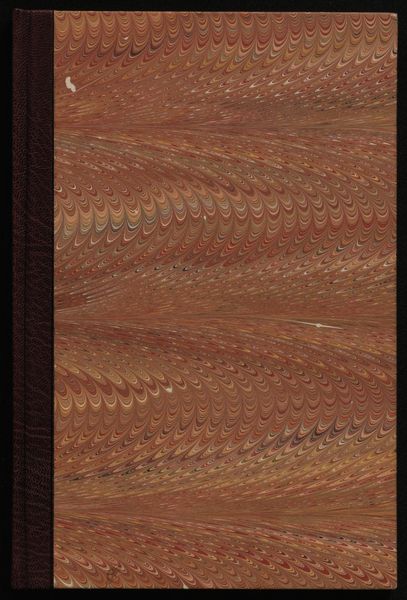Bingham, John Armor (1815-1900) Trial of the conspirators for the assassination of president Lincoln, &c. Argument of John A. Bingham, Special Judge Advocate, in reply to the arguments of the several counsel for Mary E. Surratt, David E. Herold, Lewis Payne, Geroge Atzerodt, Michael O'Laughlin, Samuel A. Mudd, Edward Spangler, and Samuel Arnold, charged with conspiracy and the murder of Abraham Lincoln, late president of the United States
High-resolution images are available to schools and libraries via subscription to American History, 1493-1943. Check to see if your school or library already has a subscription. Or click here for more information. You may also order a pdf of the image from us here.
A high-resolution version of this object is available for registered users. LOG IN
Gilder Lehrman Collection #: GLC03345 Author/Creator: Bingham, John Armor (1815-1900) Place Written: Washington, D.C. Type: Book Date: 1865 Pagination: 122 p. ; 23 x 15 cm. Order a Copy
Published by the Government Printing Office. Accuses the conspirators of aiding the rebellion and undermining the Constitution and the laws of the nation. Also makes accusations regarding the involvement and instigation of Jefferson Davis (president of the Confederate States) and other rebel leaders. Asserts that everyone involved with the conspiracy is guilty by way of "common design." Bingham argues that there should be no distinction between those were simply involved in the plotting of the conspiracy and those who carried out the vicious attacks.
John Bingham was born in Mercer, Pennsylvania, the son of a carpenter. After working two years as a printer, he attended Franklin College, then began to study law. Upon admission to the bar, he opened a legal practice in 1840 at Cadiz, Ohio. He gained recognition as a popular speaker for the "log cabin" campaign of Whig presidential candidate, William Henry Harrison, in 1840. Bingham, a moderate Republican, served as a U.S. Representative from Ohio from 1855 to 1863 and again from 1865 to 1873. During the Civil War, he was an early advocate of emancipation. In January 1864, he was appointed judge-advocate (essentially a prosecutor) and later helped present the government’s case in the conspiracy trial of President Abraham Lincoln’s assassins.
After returning to Congress, he played a leading role in the impeachment of President Andrew Johnson. Bingham opposed the first two attempts to impeach the President, but changed his position when Johnson violated the Tenure of Office Act by removing Edwin Stanton as Secretary of War. Bingham chaired the House committee that argued the articles of impeachment during Johnson’s trial in the Senate, and gave the closing, three-day summation. During Reconstruction, he was responsible for drafting the first section of the Fourteenth Amendment, which extended the constitutional protections of due process and privileges and immunities against state government interference. In 1873, he was appointed U.S. Minister to Japan, where he served for twelve years. He died in Cadiz, Ohio.
Citation Guidelines for Online Resources
The copyright law of the United States (title 17, United States Code) governs the making of photocopies or other reproductions of copyrighted material. Under certain conditions specified in the law, libraries and archives are authorized to furnish a photocopy or other reproduction. One of these specific conditions is that the photocopy or reproduction is not to be “used for any purpose other than private study, scholarship, or research.” If a user makes a request for, or later uses, a photocopy or reproduction for purposes in excess of “fair use,” that user may be liable for copyright infringement. This institution reserves the right to refuse to accept a copying order if, in its judgment, fulfillment of the order would involve violation of copyright law.
